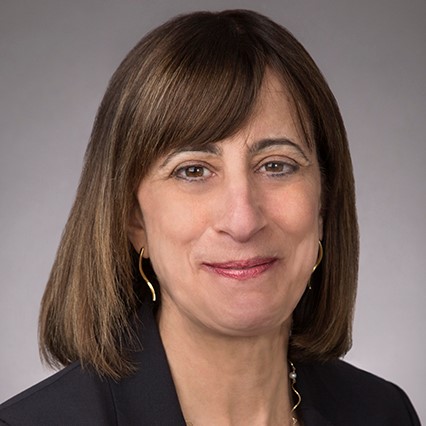U.S. Trade Negotiations: Is the Phased Approach Here to Stay?
Under the Trump Administration, the United States has concluded partial, or phased, trade agreements with Japan and China and is currently negotiating limited deals with India, the European Union and the United Kingdom, along with a comprehensive deal with Kenya. The phased approach departs from the typical practice of pursuing deals that cover “substantially all trade” between the parties, in line with WTO commitments, which view partial deals as a step on the way to a comprehensive deal, not as an end state. Clete Willems (a former White House adviser on the Japan and China deals) and Wendy Cutler (who was responsible for the comprehensive Trans Pacific Partnership negotiation, from which the U.S. withdrew in 2017) discuss what we have learned from this approach and whether it’s here to stay, in light of trade negotiations now underway.
This webinar is part of a six-session series on “International Trade: Measuring and Managing Risk and Uncertainty.” The series is hosted by the Clayton Yeutter Institute of International Trade and Finance at the University of Nebraska–Lincoln, with support from the CME Group Foundation. All webinars are free and open to the public. Video recaps will be available after the event.

Ken Levinson
Levinson serves as the Executive Director of the Washington International Trade Association (WITA). WITA is the world’s largest non-profit, non-partisan membership organization dedicated to providing a neutral forum for the open and robust discussion of international trade policy and economic issues. Ken has over 30 years of experience working with companies, associations, NGOs and governments, advocating innovative solutions to complex public policy challenges. Over the years, Ken has worked with clients in the technology, telecommunications, biopharmaceuticals, agriculture and food, financial services, retail, apparel, energy, and consumer products sectors. Early in his career, Ken advised U.S. Senator John D. (Jay) Rockefeller IV on foreign policy and national security matters and served as the Senator’s chief advisor on the U.S. Senate Finance Committee, dealing with issues related to international trade and tax policy.

Clete Willems
Clete Willems is a partner at Akin Gump Strauss Hauer & Feld, where he advises multinational companies, investors, and trade associations on international economic law and policy matters. Until April 2019, Mr. Willems was Deputy Assistant to the President for International Economics and Deputy Director of the National Economic Council. In this role, he was a key negotiator with foreign governments, including China and the European Union, and the President’s lead negotiator at the G-7, G-20, and Asia-Pacific Economic Cooperation (APEC) Forum. Prior to joining the White House, Mr. Willems was a trade negotiator and WTO litigator at the Office of the U.S. Trade Representative (USTR). He also worked as Legislative Director for Congressman Paul Ryan (R-WI). Mr. Willems graduated from the University of Notre Dame and Georgetown University Law Center.

Wendy Cutler
Wendy Cutler is the Vice President of the Asia Society Policy Institute (ASPI) and also serves as the managing director of its Washington, D.C. office. She joined ASPI following nearly three decades as a diplomat and negotiator in the Office of the U.S. Trade Representative (USTR). Most recently she served as Acting Deputy U.S. Trade Representative and worked on a range of U.S. trade negotiations and initiatives in the Asia-Pacific region, including the Trans-Pacific Partnership (TPP) agreement and the U.S.-Korea (Korus) Free Trade Agreement.